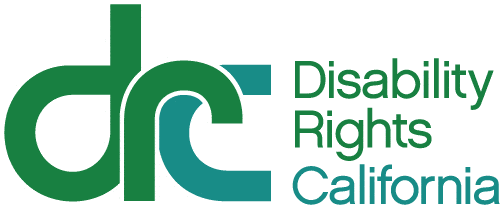- (510) 267-1200
- Website
Description
Disability Rights California provides advocacy help for Californians with disabilities.
You could be eligible for services if:
- You have a developmental disability.
- You are a regional center consumer.
- You have a psychiatric disability or emotional impairment.
- You are a patient in a state psychiatric hospital.
- You have a physical, learning or sensory disability.
- You have a traumatic brain injury.
- You need access to new technology that you believe may help you live a fuller, more independent life.
- You receive SSI or SSDI and need help with employment issues or keeping your benefits when you return to work.
- You have questions about your right to vote.
10 free services
Disability Rights California provides to eligible individuals
- advice about legal,civil and service rights
- technical assistance,training,publications and advocacy support for Californians with disabilities, their families and representatives
- legislative advocacy to ensure laws benefit Californians with disabilities
- investigate complaints about serious physical and sexual abuse and neglect-related deaths in institutions
- outreach to traditionally underserved ethnic and disability communities
- peer self-advocacy services for people with psychiatric or developmental disabilities
- patients' rights advocacy for state psychiatric hospital residents, technical assistance and training for county advocates
- rights advocacy for clients with developmental disabilities who are receiving services at regional centers
- bringing impact litigation and acting as amicus curiae in disability-related cases
- represent individuals based on priorities and case selection criteria
How they can helpIf you have a disability and qualify for services, they can help you with problems like:
- rights to basic support, personal care, therapy and health care like Supplemental Security Income (SSI),
- health care services including In-Home Supportive Services (IHSS), Medi-Cal, and California Children's Services (CCS)
- discrimination in housing, transportation, employment, and access to public and private programs and services
- abuse, neglect, and rights violations in an institution
- least restrictive environment, dignity, privacy, choice, and other basic rights
- special education rights
- mental health and support services that provide individualized treatment
- regional center eligibility and services that promote independence such as supported living and family supports
- voting registration, vote casting and accessible polling places
- access to technology like communication devices and power wheelchairs

